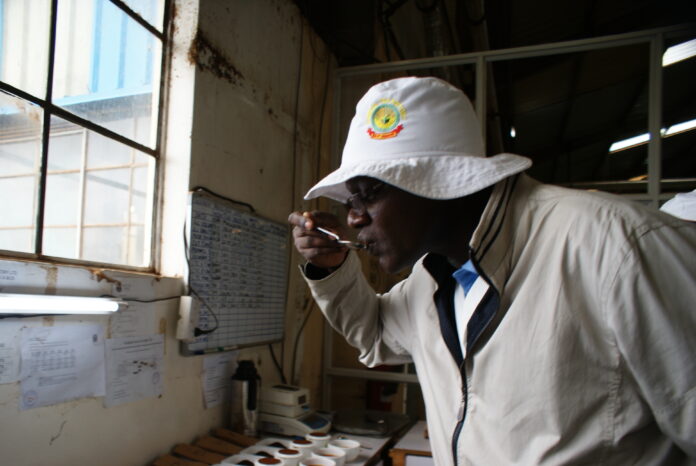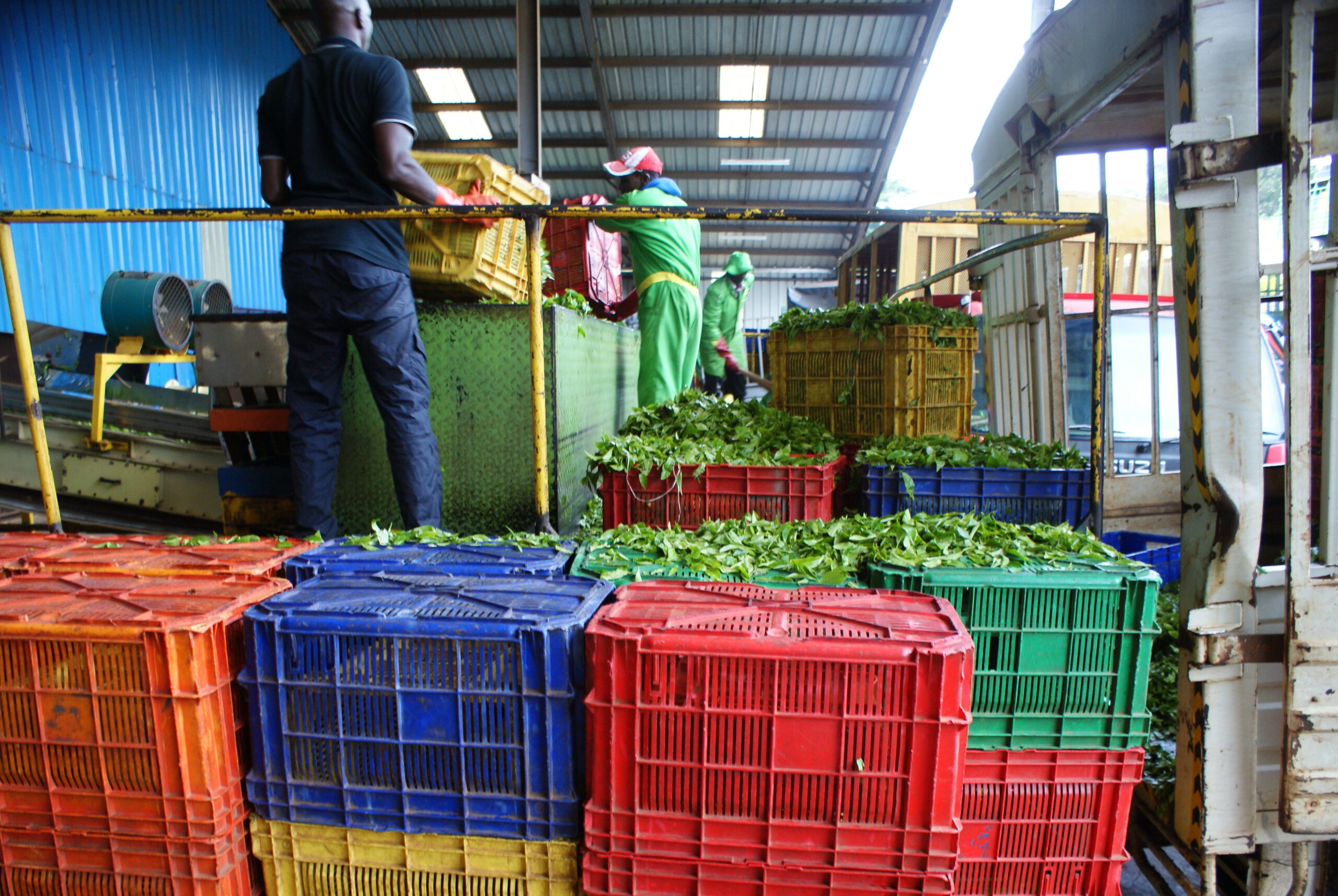
By David Njagi
Tai, Kenya: Until the short rains finally fell at Tai village on the slopes of Mt. Kenya, the thought of abandoning tea farming had crossed Fabian Gikunda’s mind.
The dry spell that has shocked the country this year was the longest, and to tea farmers like Gikunda, inadequate rains can mean trouble at the farm, at home, and even on social networks.
Tea harvests support many farmers like him with income to pay school fees, buy food for the family, hire manual labour to work on the farm, and even buy a ticket for the occasional family treat.
“Having a tea farm is everything here. I have known this farm as my shop and office the whole of my life,” said Gikunda, as he sweeps his right hand over acres of lush, green tea plantations rolling over Imenti south fields.
But climate change and declining global demand for tea is threatening this fragile sector, a situation that could worsen destitution among millions of farmers like Gikunda.
From prolonged droughts and floods to hailstorms, Kenya’s tea sector is facing the full glare of climate change, a situation that will not only continue in the future but worsen, according to scientists.

While this is the case, lobby groups like Solidaridad warn that global tea consumption as an end product is on the decline, as a growing number of consumers develop an appetite for new beverages.
“These are challenges that are causing a lot of harm to farmers because they are rarely highlighted in public. The tea sector should open up and stop being a closed institution,” said Alex Amanya, a project manager at Solidaridad.
According to Amanya, the tea sector employs over three million Kenyans and contributes about US$ 1.2 billion (about KES 145 trillion) to the country’s GDP.
But failure to introduce new innovations that support value addition has meant farmers like Gikunda continue relying on leaf harvests, even as the sector faces stiff competition from other beverages like coffee and cocoa.
But the cloud should not obscure the silver lining.
Working with the Kenya Agricultural and Livestock Research Organization (KALRO), experts at the Tea Research Foundation are conducting trials on how to extract cooking oil and cosmetics from tea seeds, a kernel that is often thrown away by farmers.
The reasoning behind extracting value from tea seeds is to help farmers cope with prolonged dry spells when tea yields are low, according to Evelyne Cheramgoi, a researcher at the foundation.
Cheramgoi said when tea plants are hit by a prolonged dry spell, the leaf yield declines, but they are able to produce lots of seeds.
Extracting cooking oil and cosmetics from tea seeds has been tried in Asia and proved successful, a situation that has escalated demand for more tea seeds in the east.
Experts worry that tea farmers in Kenya and eastern Africa could be robbed of this valuable resource, and that is why Kenyan researchers aim to create new niches in value addition.
“Innovations like the purple tea leaf are one way we are trying to protect farmers from the pressures of climate change. But processing tea seeds into cooking oil and cosmetics will be a game changer,” said Cheramgoi.

Researchers at KALRO said trials on tea seeds processing are at an advanced stage, where cooking oil extraction is expected to be the first end product.
The next stage will be approaching investors to ensure the product reaches consumers’ shelves.
But the sweetest deal from the whole process is that the tea seeds will be bought from farmers, researchers at KALRO said.
Gikunda is yet to hear about such innovation but were it to be successful, it would add more value to the tea plant, he said.
Another farmer, Jambero Mutwiri, said finding value in tea seeds would be a double win for farmers.
“The leaf taste is best during dry spells but the yield is low. If I can get a market for seeds instead of them wasting away, then I think the tea sector in the country is finally waking up,” said Mutwiri.
Meanwhile, researchers at KALRO said the trials have been hit by a funding shortfall, a situation that could stall progress on value addition in the country’s tea sector.













